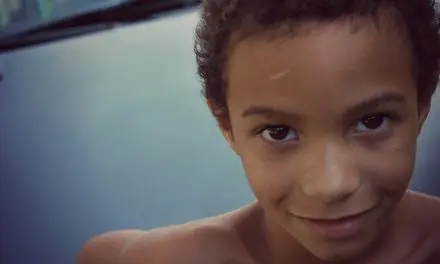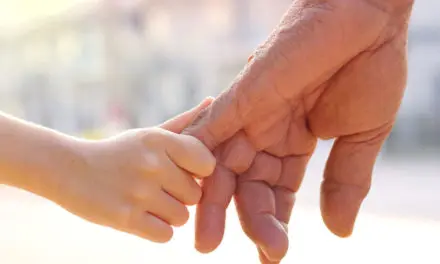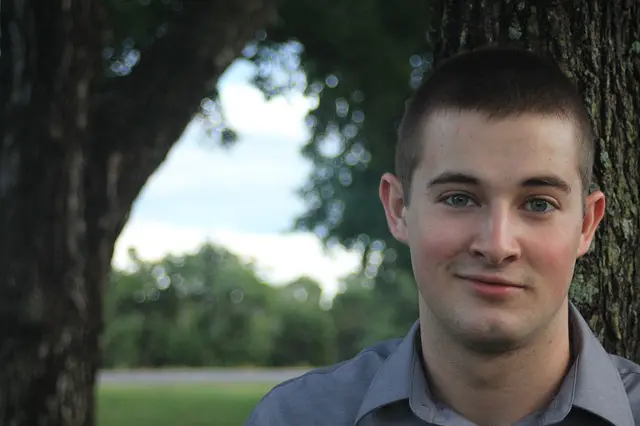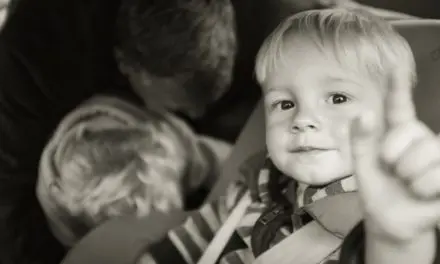One of the greatest gift a nurturing grandfather gives his grandsons is a healthy model of what it means to be a man, a father, and a grandfather. Boys and girls both need their grandfather’s affection. But with boys it may be harder for grandfathers to openly show it, even those grandfathers and grandsons who spend lots of companionship time together.
Young boys thrive—they develop positive self-esteem—when they receive warm affirmation from key role models in their life, like you are. Studies show that boys with sensitive, affectionate men in their families score higher on intelligence tests and do better at school than children surrounded by colder, authoritarian men.
Grandfathers influence their grandsons’ sex-role development not so much by their characteristics—such as “macho masculinity”—as by the warmth and closeness of their relationships. Even in their teens, when grandsons resist and plead embarrassment, they still get the message: “Things are a little more awkward now, but Grandpa still lets me know by his touch that he loves me and that this is where I belong.”
To our grandsons, we’re important, real-life examples of what a man is—for better or for worse. If a boy watches his grandfather yell at family members and talk rudely to restaurant servers, he could easily get the impression that it’s okay for a man to handle conflicts with anger and cruelty. On the other hand, if a grandfather can admit when he’s wrong and seek forgiveness from others, the grandson gets an entirely different view of manhood.
Your grandson wants to see what healthy male relationships look like. What do we do together? How do we treat each other? What kind of behavior should I expect from other men? Is it okay to shake hands with a friend, or pat him on the shoulder, or go up and hug him?
Remember, Grandpa, the “strong, silent” type may be a movie hero, but he falls way short when it comes to grandfather power.




